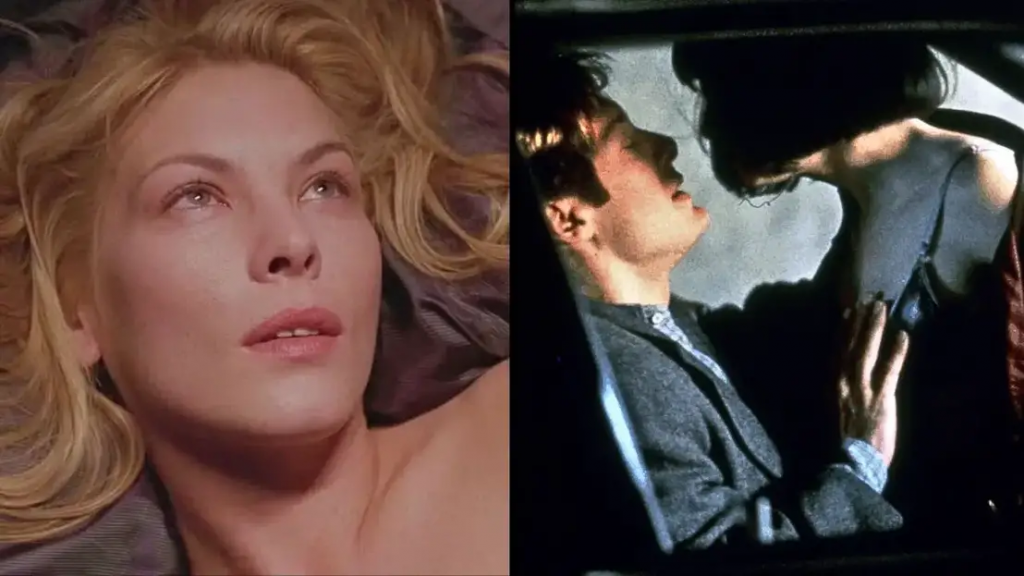David Cronenberg, a visionary filmmaker renowned for pioneering the body horror genre, has consistently challenged cinematic norms with his provocative storytelling. His filmography boasts titles such as The Fly, A History of Violence, and The Brood, each delving into the complexities of the human body and psyche. Among his most contentious works is the 1996 film Crash, an adaptation of J.G. Ballard’s 1973 novel, which continues to evoke strong reactions decades after its release.

Crash explores the lives of individuals who develop a sexual fascination with car accidents, intertwining themes of technology, desire, and mortality. The film’s explicit depiction of unconventional sexual acts, particularly a scene involving the protagonist engaging with a scar on a woman’s leg, sparked significant controversy. Upon its premiere at the Cannes Film Festival, the film elicited polarized responses, including boos and walkouts. Despite this, the jury awarded it a Special Jury Prize for its originality and audacity. However, jury president Francis Ford Coppola reportedly abstained from presenting the award due to his disapproval of the film’s content.

In the United Kingdom, Crash became the focal point of a fervent censorship campaign led by media outlets such as the Daily Mail and the Evening Standard. Critics labeled the film as “beyond the bounds of depravity,” urging the British Board of Film Classification (BBFC) to impose a ban. The BBFC conducted a thorough evaluation, consulting legal experts, psychologists, and members of the disabled community. The consensus indicated that the film did not incite harmful behavior nor did it portray disabled individuals negatively. Consequently, the BBFC granted Crash an uncut 18 rating in March 1997. Despite this classification, certain local authorities, including Westminster Council, enforced their own bans, preventing screenings within their jurisdictions.

Internationally, the film faced similar challenges. In Norway, for instance, a cinema manager in Oslo chose to ban the film, though she denied any personal bias stemming from her husband’s paralysis due to a car accident. In the United States, media mogul Ted Turner, whose company oversaw the film’s U.S. distributor, initially withheld its release, citing moral objections and concerns over potential “copycat incidents.” When the film eventually premiered in the U.S., certain theater chains, such as AMC Entertainment, implemented stringent measures, including posting security guards, to prevent minors from viewing the film.
Despite—or perhaps because of—the uproar, Crash has garnered a cult following and is often cited as one of Cronenberg’s most provocative works. Critics remain divided; some praise its audacious exploration of taboo subjects, while others condemn its explicit content as gratuitous. Notably, author J.G. Ballard expressed admiration for the adaptation, reportedly stating that the film surpassed his novel in its dynamic portrayal of the narrative.

In retrospect, Crash serves as a testament to Cronenberg’s commitment to pushing the boundaries of cinema, challenging audiences to confront uncomfortable aspects of human desire and the interplay between technology and sexuality. The film’s legacy endures as a focal point in discussions about censorship, artistic expression, and the evolving standards of societal acceptability in art.